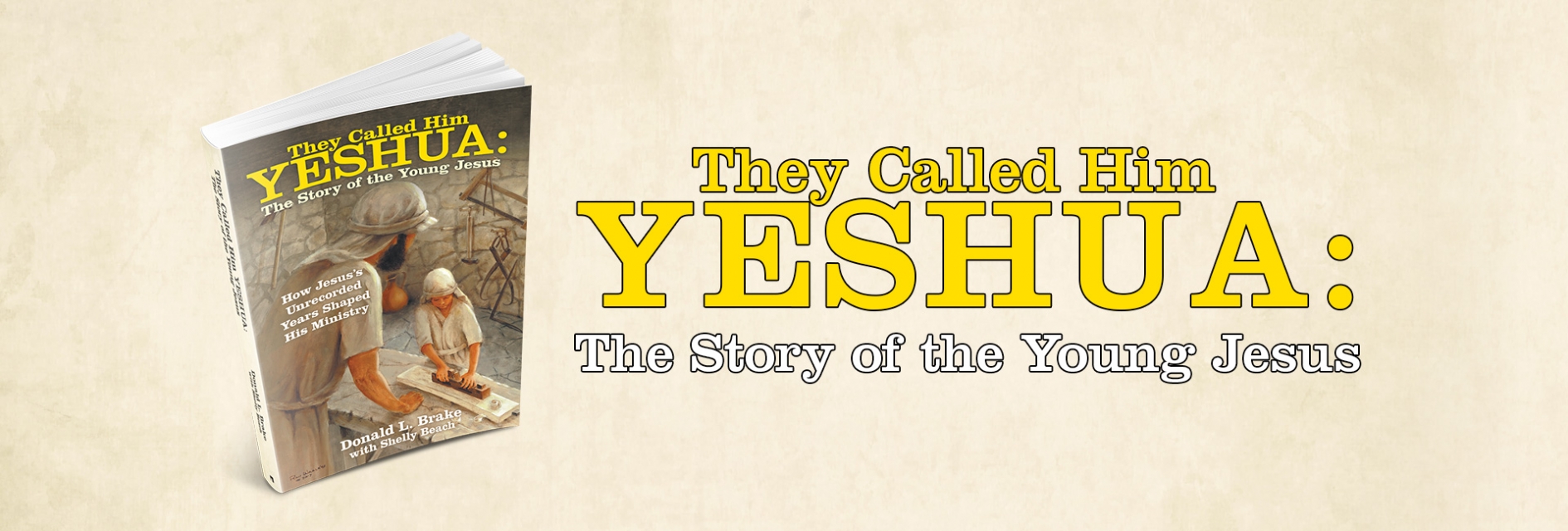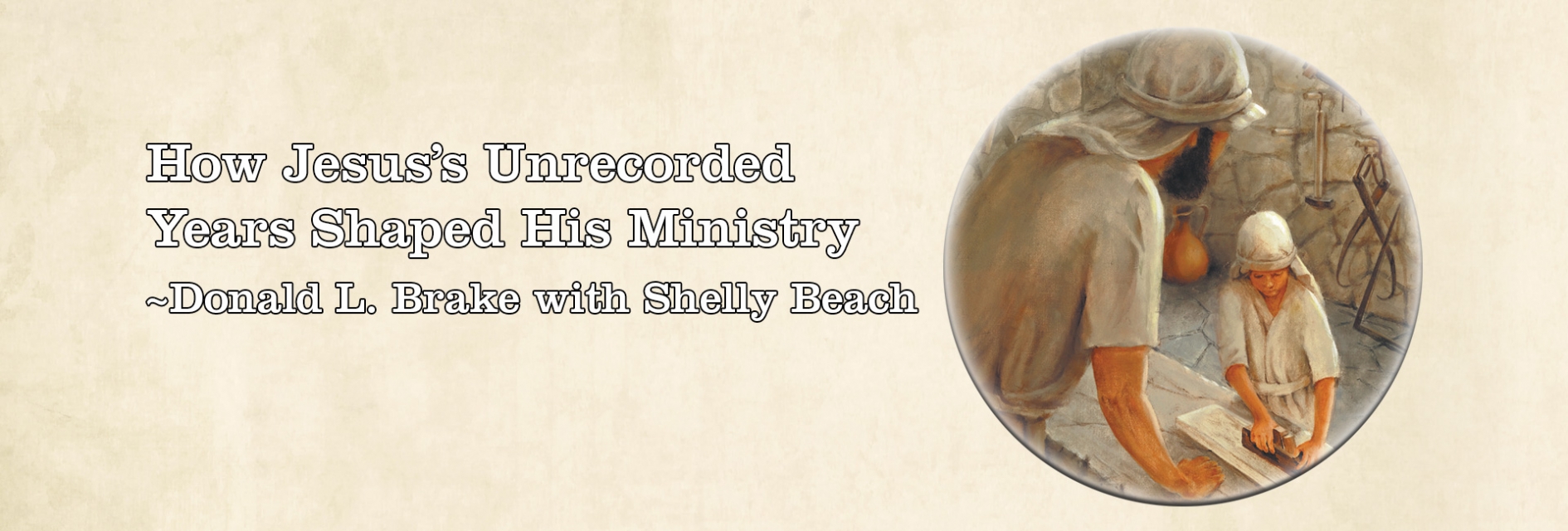

A Review of Netflix’s TV series, Messiah – the story of a prophet
written by Donald Brake Jan 9, 2020
LEWISVILLE, TX: Netflix’s ten-part TV series, Messiah is related to the Bible as much as the film Noah—almost nothing at all. Rather, it is a story of a mysterious prophet fearlessly proclaiming a message to unite the world in love and peace. One writer summed up the storyline:
Messiah explores the lines among religion, faith, and politics. It chronicles the modern world’s reaction to a man who first appears in the Middle East creating a groundswell of followers around him claiming he is the Messiah. Is he sent from God or is he a dangerous fraud bent on dismantling the world’s geopolitical order? The story unfolds from multiple points of view, including a young CIA agent, an Israeli Shin Bet officer, a Latino preacher and his Texan daughter, a Palestinian refugee and the media, among others.
When the CIA officer, Eva Geller (Michelle Monaghan), investigates an unknown man called Al-Masih (Mehdi Dehbi) attracting international attention through a number of messianic-like actions, she embarks on a worldwide crusade to support her preconceived notion that he is an imposter. She ultimately uncovers his real identity: Pyam Golshiri, a well-trained illusionist.
Others like Baptist pastor, Felix (John Ortiz), have an encounter with Al-Masih and blindly accept his new friend as the biblical Messiah.
Episodes one-nine
While the first nine episodes attempt to balance Al-Masih’s messianic-like acts with hints that it is the behavior of a con-artist, by the end of the series, the preponderance of evidence suggests he is a “dangerous fraud bent on dismantling the world’s geopolitical order.” A major piece of evidence of a geopolitical goal is revealed when Al-Masih demands the President of the United States withdraw all troops worldwide.
But then, in final the episode, Aviram Dahan (Tomer Sisley), an Israeli officer accompanies Al-Masih, as an unshackled prisoner, on a trip back to Israel where his future is one of indefinite confinement. The flight is doomed from the beginning as U.S. President Young, a Latter-Day Saint (Dermot Mulroney), secretly orders the doom of the aircraft.
Al-Masih’s surprising calm behavior, while the plane is in a downward death spiral, is explained when in the crash’s rubble Al-Masih brings a dead Aviram back to life. The viewer is left with two possibilities: He is the Messiah of the Second Coming or he is, as the preponderance of evidence suggests, a con-artist?
Netflix’s Messiah is a confusing production of an attempt to make a Left Behind-like story to appeal to a biblical “movie-hungry” Christian audience (Muslim audiences may find it objectionable). While it makes no claim to accurately interpret the Bible’s teaching, the themes suggest Al-Masih is the Second Coming of Christ (Messiah). The Bible is replete with claims of Christ’s Second Coming—but not as depicted in the Messiah.
There are several subtle asides in the series which are blatantly non-biblical, but common thinking among the spiritually aware but who may question the authority of the Bible.
The Bible does not teach nor infer that there is a spark, called a star in the first episode, of divinity in everyone. Nor is there any biblical evidence that there are “souls” wandering in the heavens waiting for a “physical body (later episode).”
Even Islam would not accept the premise of the series.
They believe the second coming of the Messiah will precede a general resurrection and will usher in a system for the universal acceptance of Islam.
Judaism did not accept Jesus as the Messiah at His first coming, so for them, the storyline can only refer to a first coming of the Messiah. The only substantial connection with Judaism is the Israeli operative on a personal search to find the truth about this man the Jews call “משיח (Mashiah).
The series would be better served if the plot developed the coming of the antichrist mentioned in Scripture. Then, the question is: How would the modern world react to a man who first appeared in the Middle East gathering unprecedented numbers of followers around his claim that he is the Messiah?
This is the biblical suggestion that the “anti-Christ” (aka “False Prophet”) appears in the end times to unite the world in one global government creating a world of love and peace. (Revelation 15:11-15; 16:13; 19:20 and 20:10)
A distinctive evangelical Christian’s understanding of the biblical Second Coming is the literal return of Jesus Christ to earth as King in power and glory to rule for a thousand years (Revelation 20:1-6). It is not a coming as described in the Messiah TV series of a person coming the second time in humble beginnings mysteriously appearing in the Middle East and Texas. El-Masih’s answers, when questioned, attempt to mimic the style of Jesus in the New Testament—using questions to answer questions. But unlike Jesus, his enigmatic and often insipid replies leave the viewer mystified.
The series will no doubt be controversial for many Jews, Christians, and Muslims. But cinema is designed to produce intrigue; challenge thinking, expand imagination and create a degree of controversy. For a thinking person, there is nothing in this production that will challenge faith nor detract from the Bible’s teaching—it’s just entertaining.
While the series is too long and often gets bogged down in over-selling the main plot, it does provide an intriguing story. It challenges us to creatively speculate on the question: How would a twentieth-century secular society react to such an occurrence? How would the Church’s fixation on the return of Christ and an over-active news media respond to a man creating a persona that could be God’s Messiah?
About the Author
Written by Donald L. Brake Sr.
Donald L. Brake Sr., PhD, Dallas Theological Seminary; Dean Emeritus, Multnomah Biblical Seminary of Multnomah University. A former pastor, he lives with wife Carol, in Lewisville, Texas. The author has served as a Missionary in Ethiopia, SIM; Professor of Theology, Multnomah Biblical Seminary; Pastor, North Carrollton Baptist Church; President, Institute of Holy Land Studies (now Jerusalem University College; and dean Multnomah Biblical Seminary; and co-founder Living Word Bible Museum. He currently is a freelance writer. The author’s experience as president of the Institute in Jerusalem has given him insight into the historical, cultural, and geographical background of Israel and the life of Christ. Dr. Brake has led tours to the Holy Land and has taught the life of Christ and the Bible’s historical/cultural backgrounds for more than thirty-five years. Dr. Brake wrote a series of fifteen articles for the St. Louis Metro Voice and has published the Wycliffe New Testament. His book A Visual History of the English Bible was published in 2008 (a 2009 Evangelical Christian Publishers Association Christian Book Award finalist); Jesus, a Visual History with Todd Bolen, 2014; A Monarch’s Majestic Translation, in 2017; and A Visual History of the King James Bible, in 2011 (with Shelly Beach; also translated into Portuguese as "Uma Historia Visual Da Biblia King James"), a commemorative edition celebrating four hundred years of the King James Version. His major article “Versions, English” was published in The Interpreters Dictionary of the Bible, vol. volume 5, Abington Press. His most recent work is They Called Him Yeshua: the Story of the Young Jesus, 2019.


